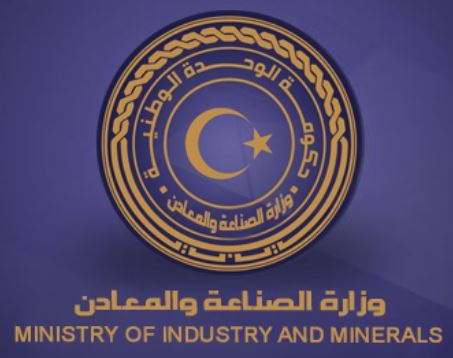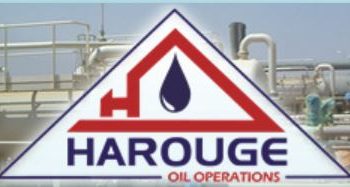The Committee for Localising Oil Fields Equipment (CLOFE) conducted two meetings over the last week. The first was during a visit to the Applied and Engineering Research Agency of the Ministry of Defence last Wednesday (25 October). On Monday it met the Libya Africa Investment Portfolio (LAIP).
CLOFE, formed jointly by the Ministry of Industry and Minerals and the Ministry of Oil and Gas, is attempting to reduce Libya’s LD 2-3 bn annual oil spare parts and tools import bill by encouraging some local manufacturing of some oilfield products utilising existing manufacturing plants through joint venture investments with private Libyan and foreign parties.
During the meeting with the Applied and Engineering Research Agency, prospects for implementing localisation of the manufacture of some oil and industry sector needs were discussed. CLOFE targeted the Applied and Engineering Research Agency as a potential manufacturer since it owns several CNC (Computerized Numerical Control) electronic blacksmithing turning machine workshops that can manufacture many spare parts, equipment, and tools.
The operational status of these workshops and their readiness to operate as soon as the necessary funding and management for development were available, were discussed. There was also discussion about ways to invest in these workshops, and it was agreed to hold business sessions with Libyan investors to discuss the possibility of these workshops entering investment partnerships that would enable the workshops and workers to produce the required equipment and spare parts for the oil sector.
It was agreed to continue meetings and carry out field visits to learn more about the Applied and Engineering Research Agency’s assets, including taking appropriate investment steps.
Meeting LAIP
During its meeting with Mustafa Mohamed Abu Funas, Chairman the Libya Africa Investment Portfolio, at LAIP’s headquarters in Tripoli, Abu Funas provided an overview of LAIP and its activities at home and abroad, explaining the possibilities of contributing to industrial investment in Libya. In return, Ahmed Elghaber, the head of CLOFE gave a presentation on the CLOFE’s work programme and its tasks in achieving investment to localise the oil materials and equipment industry.
Exploiting idle industrial complexes
The discussion revolved around the possibility of investing in idle industrial complexes that are ready for operation, and the head of LAIP expressed great interest in investing in factories that could achieve localisation and investment goals.
Encouraging wary investors
The discussion also touched on the possibility of cooperation to find encouraging solutions for investors who are cautious of the private sector, given that LAIP is well-versed and knowledgeable with a reputation among businessmen and those interested in the field of investment.
CLOFE to present possible investment projects for LAIP
The meeting concluded that the CLOFE would present investment projects from the factories targeted by the investment localisation programme, in which LAIP could invest, while LAIP would provide everything that could be provided to support the work of CLOFE to achieve its goals, and accomplish its tasks.
CLOFE making progress locally and abroad
Speaking exclusively to Libya Herald, Ahmed Elghaber, the head of CLOFE and Advisor to Mohamed Aoun, the Minister of Oil and Gas, said CLOFE had held successful B2B meetings recently with local and foreign businesses and that some had already had some specific business plans to localise the manufacture of some oil sector needs. These included oils, lab equipment and other products needed in Libya such as focused training and capacity building.
He said CLOFE had held some successful meetings with local financers and banks to discuss financing of localisation of production. CLOFE had had plans to hold some B2B meetings abroad, including Rome and other cities. It has also made some contacts with other countries such as Japan, Germany, and France.
Exploiting existing local manufacturing capacity
Elghaber explained that CLOFE is focusing on exploiting existing manufacturing capacity, specifically such as the existing CNC equipment. He said there are more than six CNC workshops in the district of Tripoli that are large enough to be utilised to manufacture spare parts for the oil and gas sector.
This, he revealed, includes exploring a possible joint venture between the Engineering Faculty at Tripoli University, using its CNC machines, with a private investor.
Elghaber said some of the easiest products that could be manufactured locally would be rock bits used for drilling. He said the Libyan oil industry spends about US$ 2 to 3 billion on spare parts a year on normal operations.
He said localisation of manufacturing for the sector will have wider benefits such as diversifying the sources of national GNP, lowering the cost of production of a barrel of oil, jobs for youth, university leavers, the unemployed, and help transfer knowhow and technology.









